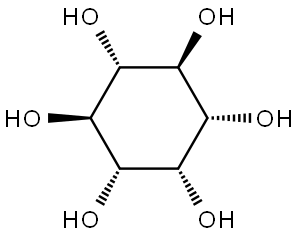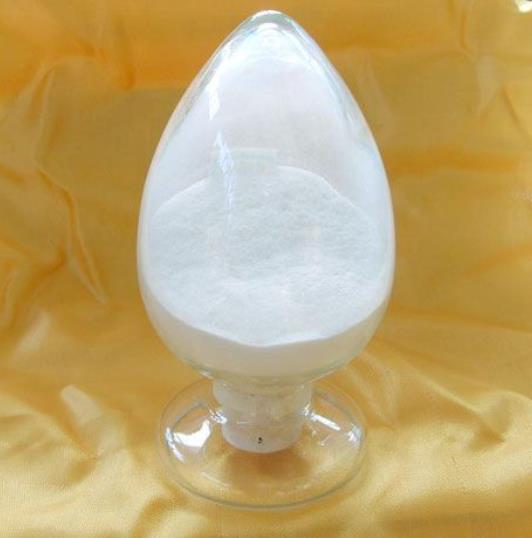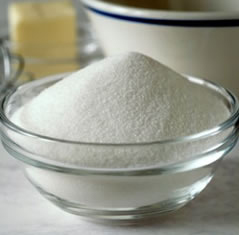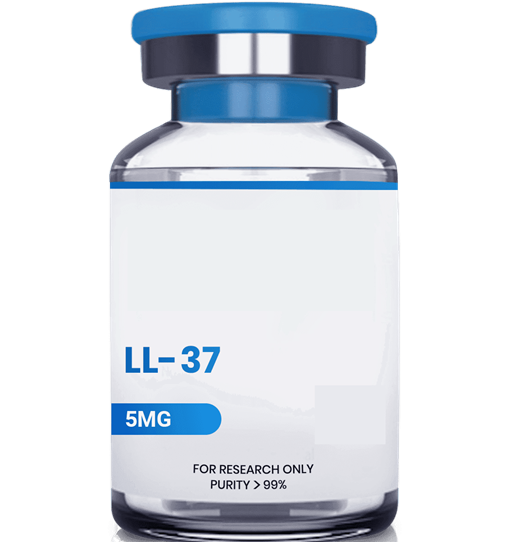Efficacy and safety of Inositol in the treatment of polycystic ovary syndrome (PCOS)
Inositol (Myo-inositol) is a six-carbon cyclic alcohol containing five equatorial hydroxyl groups and one axial hydroxyl group. Inositol is classified as an insulin sensitizer and has two isomers, inositol (MI) and D-chiro-inositol (DCI). Inositol is commonly used in the treatment of polycystic ovary syndrome (PCOS) and exerts its therapeutic effects by improving insulin resistance, serum androgen levels, and many features of metabolic syndrome.
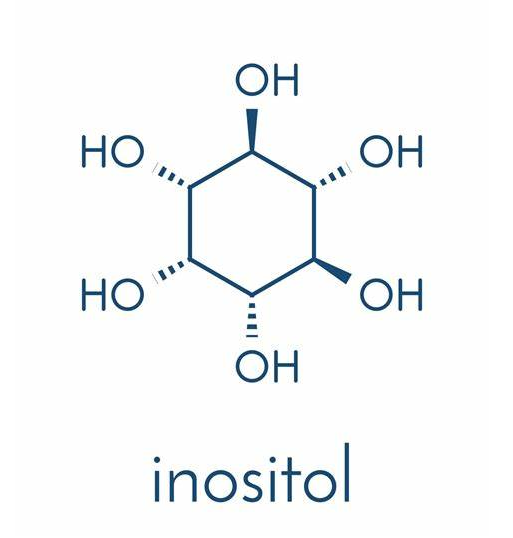
Over the years, several different combinations of MI and D-chiro-inositol have been formulated with or without trace elements, macroelements, vitamins, and other compounds such as alpha-lipoic acid. These treatment regimens do not take into account the various properties of inositol stereoisomers. Clinical evidence suggests that a 40:1 ratio between MI and DCI is the optimal combination for restoring ovulation in women with PCOS. Treatment with DCI may be beneficial at low doses, but a gradual increase in doses leads to a loss of its beneficial effects on female fertility and a decrease in the quality of blastocysts produced by in vitro fertilization (IVF). Furthermore, coadministration of DCIs reduces the intestinal absorption of inositol, as the two stereoisomers compete for the same transporter with similar affinity. Reduced absorption of inositol has also been observed when inositol is coadministered with sugar intestinal absorption inhibitors and/or sugars such as sorbitol, maltodextrin, and sucralose. The combination of these agents may require larger amounts of inositol to achieve therapeutic doses compared to inositol alone. D-chiro-inositol is an aromatase inhibitor, which increases androgens and may have deleterious effects in women. Therefore, inositol supplementation for PCOS treatment must be defined with caution.
In an open, prospective, nonblinded, noncomparative observational study, daily use of 2 × 2000 mg inositol + 2 × 200 μg folic acid was shown to be effective in improving symptoms and infertility in women with polycystic ovary syndrome (PCOS). No moderate to severe side effects were observed when inositol was used at a dose of 4000 mg per day. In addition, our evidence suggests that inositol treatment of women with PCOS results in better fertilization rates, with a clear trend toward improved embryo quality. The risk of hyperstimulation syndrome in these patients may be reduced due to the lower number of oocytes obtained in the inositol group. Inositol at a dose of 12 g/day causes only mild gastrointestinal side effects, such as nausea, flatulence, and diarrhea. The severity of the side effects does not increase with increasing doses.
References:
[1] G CARLOMAGNO; V U. Inositol safety: clinical evidences.[J]. European review for medical and pharmacological sciences, 2011, 15 8: 931-936.
[2] SCOTT ROSEFF; Marta M. Inositol Treatment for PCOS Should Be Science-Based and Not Arbitrary.[J]. ACS Applied Bio Materials, 2020: 6461254. DOI:10.1155/2020/6461254.
[3] SIMONA DINICOLA PHD, MD. The rationale of the myo-inositol and D-chiro-inositol combined treatment for polycystic ovary syndrome[J]. The Journal of Clinical Pharmacology, 2014, 54 10: 1079-1092. DOI:10.1002/jcph.362.
[4] PEDRO-ANTONIO REGIDOR. Management of women with PCOS using myo-inositol and folic acid. New clinical data and review of the literature.[J]. Hormone Molecular Biology and Clinical Investigation, 2018, 34 2. DOI:10.1515/hmbci-2017-0067.
You may like
Related articles And Qustion
Lastest Price from Inositol manufacturers

US $0.00/kg2025-04-29
- CAS:
- 87-89-8
- Min. Order:
- 1kg
- Purity:
- 0.99
- Supply Ability:
- 1000kg

US $0.00/Kg/Drum2025-04-21
- CAS:
- 87-89-8
- Min. Order:
- 1KG
- Purity:
- 97%-102%;USP-NF
- Supply Ability:
- 10 TONS
